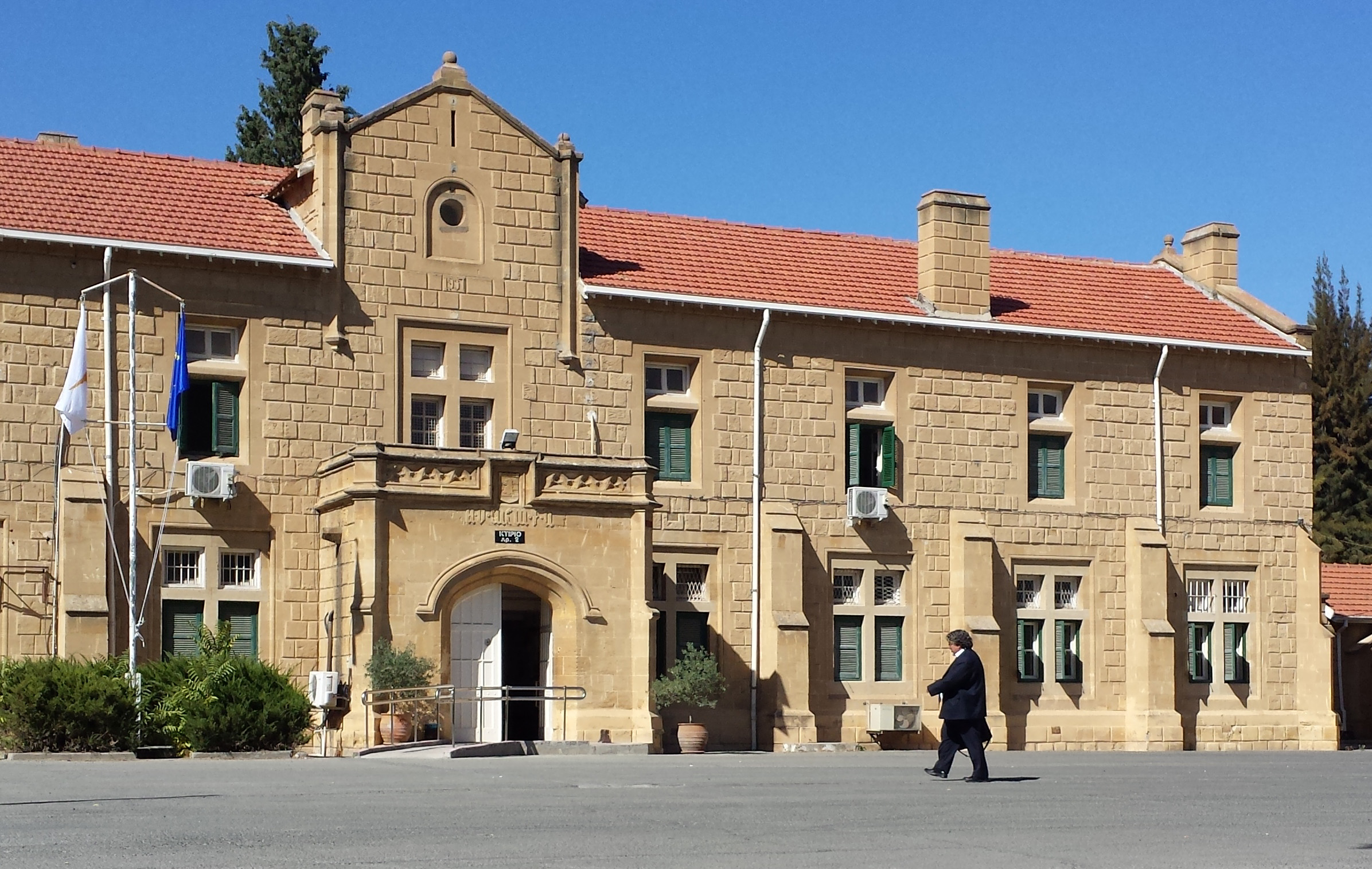The judicial service on Tuesday requested additional judges, support staff and infrastructure funding in its 2026 budget review before the House legal committee to cut the backlogging of justice.
The proposed budget for 2026 totals €60.9 million, a slight increase from €60.1m for 2025. About 69 per cent (€41.9 million) of that covers salaries.
Development expenses, €505,600 total, include €400,000 for the construction of a new Nicosia district court.
Supreme constitutional court chief justice Antonis Liatsos reported that the court is operating smoothly, having completed its revision reports up to 2020, with those for 2021 soon to follow.
In contrast, the court of appeal is currently burdened by a heavy caseload from 2022 appeals. To address this, the judicial service has requested three additional judges to form a second chamber, with the goal of reducing appeal processing times to between one and one-and-a-half years.
Requests for two further new positions and the transfer of certain cases to the international protection administrative court are also under review.
The international protection administrative court in turn currently holds 6,500 pending cases, with workload expected to rise following EU asylum rule changes.
Ten additional judges have been requested to handle this increase.
Supreme Court President Katerina Stamatiou reported that over 80 per cent of old political appeals were processed by September 2025, with all appeals handled promptly.
She raised concerns about a rise in privileged warrants, saying that “the increased workload that results disrupts the proper functioning of the supreme court.”
She urged legislative reforms to ensure that appeals against arrest and search warrants are directed to an appeals court, in line with the supreme court’s traditional role as a third-instance, rather than a first-instance, court.
Stamatiou added that the court of appeal handled nearly 2,000 cases in its first two years and saw rising criminal appeal registrations. Due to administrative appeal backlogs, she supports filling three new judge posts also provided for in the 2026 budget.
Regarding the judicial service’s digitalisation, Stamatiou explained that the first phase of the iJustice information system upgrade project has begun and is expected to be completed by next summer.
Subsequent phases aim to digitise all Cypriot court procedures across all levels and jurisdictions. In line with this, the supreme court has asked the deputy ministry of innovation to plan for remote judicial proceedings and other digital initiatives.






Click here to change your cookie preferences